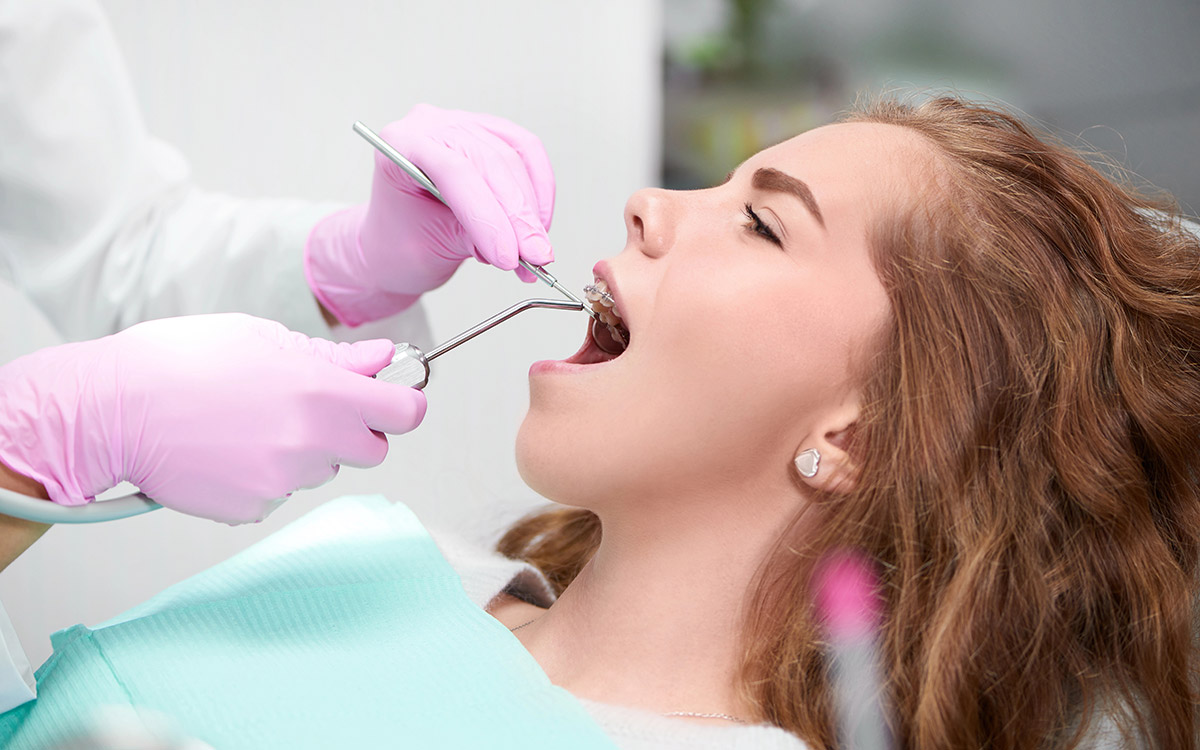A very good population of Americans are active smokers. The CDC recorded a total of 15.1% of US adults as active smokers back in 2015. With vaping and increased trends in smoking, we can assume that the number is higher now. It is already established that smoking does not have the best effects on the body. However, smoking has a similar impact on your oral health. Most people, however, are under the impression that smoking does not have any effects on your teeth. Unfortunately, this bad habit will affect your teeth and gums in the worst ways. The effects may not be as quick and direct, but once they set in, you are looking at the loss of teeth, meaning dentures at a young age.
There Is No ‘Safe’ Tobacco
If you think that only smoking tobacco will affect your teeth, think again. There is no such thing as ‘safe’ tobacco. Even chewing tobacco and using other smokeless tobacco products will affect your oral health. Tobacco products have nicotine which is highly addictive. Continuous use will have adverse effects on your health, including teeth, gum, and tongue. So what can you expect from prolonged smoking and tobacco use?
Effects of Smoking on Oral Health
1- Tooth discoloration.
One of the regular things you will notice with regular smokers is tooth discoloration. The possibility of maintaining perfectly white teeth as a smoker is very slim, even with regular dental care.
The enamel of the teeth is a lot like a porcelain finish. It will develop fine cracks as you age due to multiple factors. Eventually, those cracks start to absorb what you put in the mouth, including cigarette smoke. The nicotine and tar from the cigarettes get in through the fine cracks; this will discolor your teeth as the nicotine and tar build-up within the gaps. Chronic smokers often need regular teeth whitening for that dazzling smile.
2- Bad breath.
As if the discoloration is not bad enough, you will also have to deal with bad breath. It is embarrassing to have bad breath, making it very difficult to hold conversations with others. If you have bad breath, people will actively avoid you, and eventually, someone will call you out for it.
Tar and nicotine build-up are what cause bad breath in cigarette smokers. The constant depositing of these chemicals onto your teeth and gums is what will give you bad breath. Also, cigarette smoking causes gum diseases, which are also a source of bad breath.
Additionally, smoking will dry out the mouth and deprive it of oxygen. The lack of moisture and oxygen leads to bad breath.
3- Oral cancer
Oral or mouth cancer is cancer that starts and affects the region of the mouth. It is common cancer for active smokers as well as heavy drinkers. The risk of developing mouth cancer is much higher as you age. Tobacco is carcinogenic, meaning that it has multiple chemicals that damage various DNA cells, leading to cancer.
Mouth cancer manifests in symptoms such as mouth ulcers that do not heal even with weeks of treatment, unexplainable lumps in the mouth and lymph glands of the neck that do not go away, pain swallowing, problems with speech, mouth numbness, bleeding from the mouth, discoloration of the mouth, unexplainable tooth loss, and difficulty moving the jaw.
It is critical to recognize that some of these symptoms are also related to less severe conditions. Consequently, it is important to seek expert advice to determine the cause of these symptoms. If the symptoms push to beyond three weeks, it is best to seek the advice of a professional. Luckily, professionals can treat mouth cancer if you identify it quickly.
4- Gum Disease
Gum disease (or periodontal) is an infection of the gums. It is a severe infection that can affect the bone structure that supports your teeth. If it persists for long, your teeth will start to fall out. Surprisingly, this disease begins with bacteria and germs on your teeth and gums. The germs get under the gums, and if they stay there for too long, they start to harden, developing layers of plaque and tartar.
If you are a smoker, nicotine and tar hasten this process, as they too get under the gums. This leads to early gum disease, also known as gingivitis. As the disease progresses, your gums will pull away from your teeth, forming spaces prone to infection. If left untreated, the condition will affect the bones that support your teeth, causing them to break. When you reach this stage, your teeth become loose, and you will likely need a tooth extraction.
If you are a smoker, you have a weakened immune system that will have a hard time fighting off the disease. Additionally, the longer you smoke, then the higher the risk of developing gum disease. The most regular warning signs of gum disease include red or swollen gums, pain when chewing, bleeding gums, unexplainable loose teeth, gums that have pulled away from your teeth, and sensitivity to cold or hot drinks.
What about Vaping?
People believe that vaping is better for the teeth, but it is not. Vaping will not produce smoke, giving people a false sense of safety and protection from all the harm brought by regular cigarettes.
Nonetheless, it is vital to note that the vapor also contains nicotine which has similar effects from regular cigarettes and vape pens. Additionally, vaping exposes your teeth to chemicals and heavy metals, making them just as bad, if not worse, than traditional cigarettes. Therefore, vaping will give you the same problems as smoking and smokeless tobacco products.
Will Stopping Help?
If you have been a smoker for a long time, stopping now could help with oral health. Studies have shown that quitting tobacco has significant improvement on oral health. Additionally, quitting helps reduce gum disease symptoms because it will improve your body’s immune system.
Quitting promises long-term benefits, especially for your oral health. When you quit, you can visit a reliable dental practitioner such as us for teeth whitening and regular checkups to get your teeth looking and working great again.







